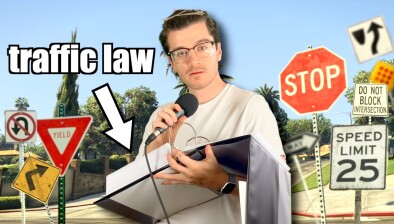Asylum seekers now able to apply for driving licenses

Eamon Ryan
Asylum seekers are now able to apply for driving licenses and learner permits in Ireland following a High Court ruling last month.
In his judgment, Mr Justice Mark Heslin said international protection applicants should be considered “lawfully resident” in the State for the purposes of the Road Traffic Regulations (Licensing of Drivers) Regulations 2006.
The government has said asylum seekers can now immediately apply for driving licenses and learner permits, though it will still pursue primary legislation to provide more legal certainty.
A committee stage amendment to the Road Traffic and Roads Bill will make clear that any person who is legally entitled to reside in the State can apply for a driving license, putting the government’s policy on a statutory basis.
Meanwhile, the temporary residence certificate issued to international protection applicants will be specified in secondary legislation as proof of residency, in line with the Landsberg ruling.
Transport minister Eamon Ryan said: “In the programme for government we gave a commitment to making it possible for asylum seekers to access the driving licence system. The courts have now made a ruling that international protection applicants meet the residency requirements to apply for a licence.
“I will now proceed to introduce an amendment to the Roads Bill that will put our policy on a statutory footing. Asylum seekers face many challenges as they make their way in life. Being able to drive will give people more independence in their daily lives and the ability to commute to work and education by car when necessary.”
Roderic O’Gorman, minister for children, equality, disability, integration and youth, added: “We committed to improving conditions for people in direct provision as we work to end the system and allowing people to apply for driving licences is another element of that.
“By removing the barrier to accessing driving licences, we are giving people an option to travel that many of us take for granted, whether that is going to college or work, meeting up with friends or bringing children to school. This is a positive step forward, that will help people to live independent lives and better integrate into their communities.”







